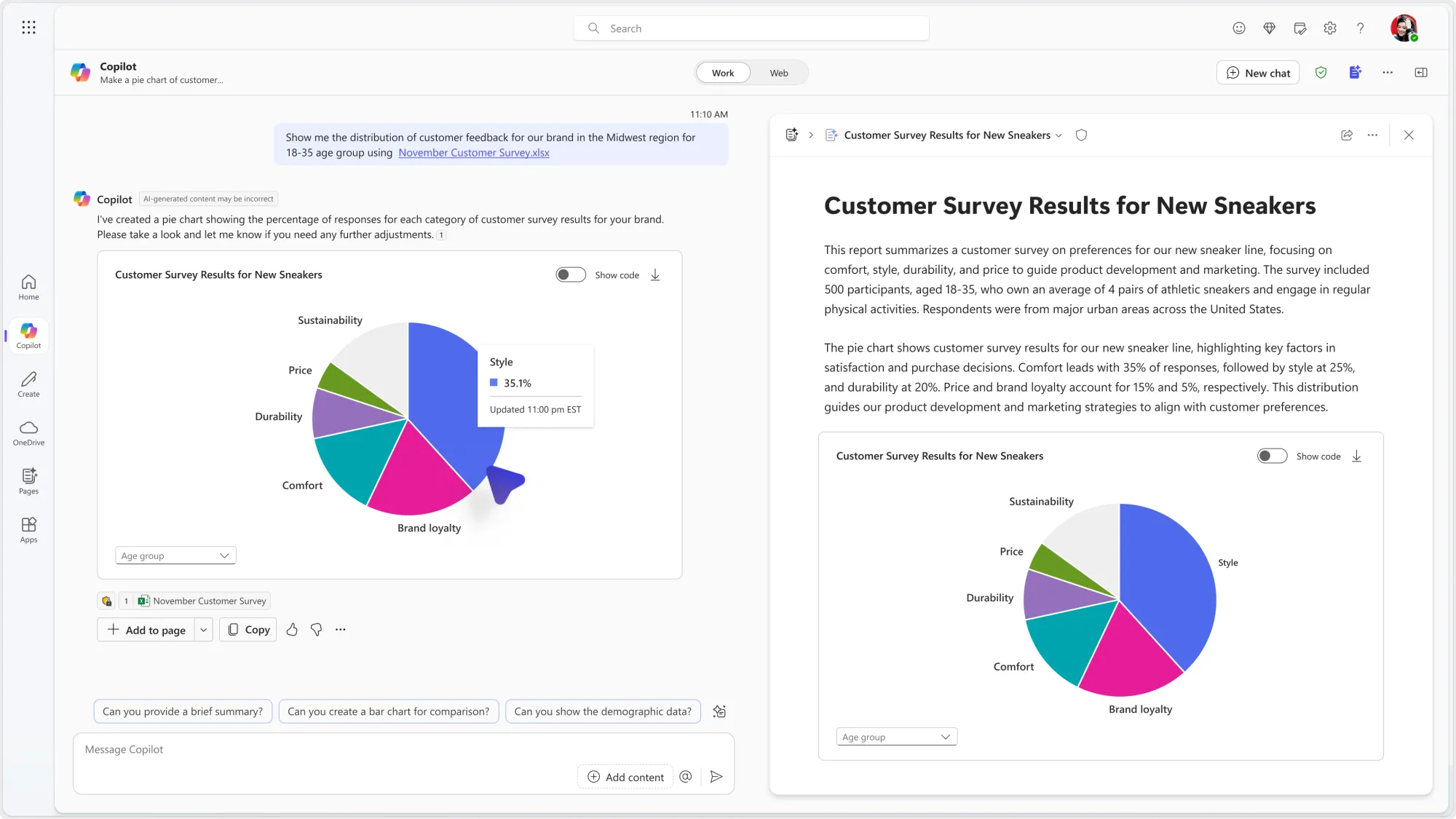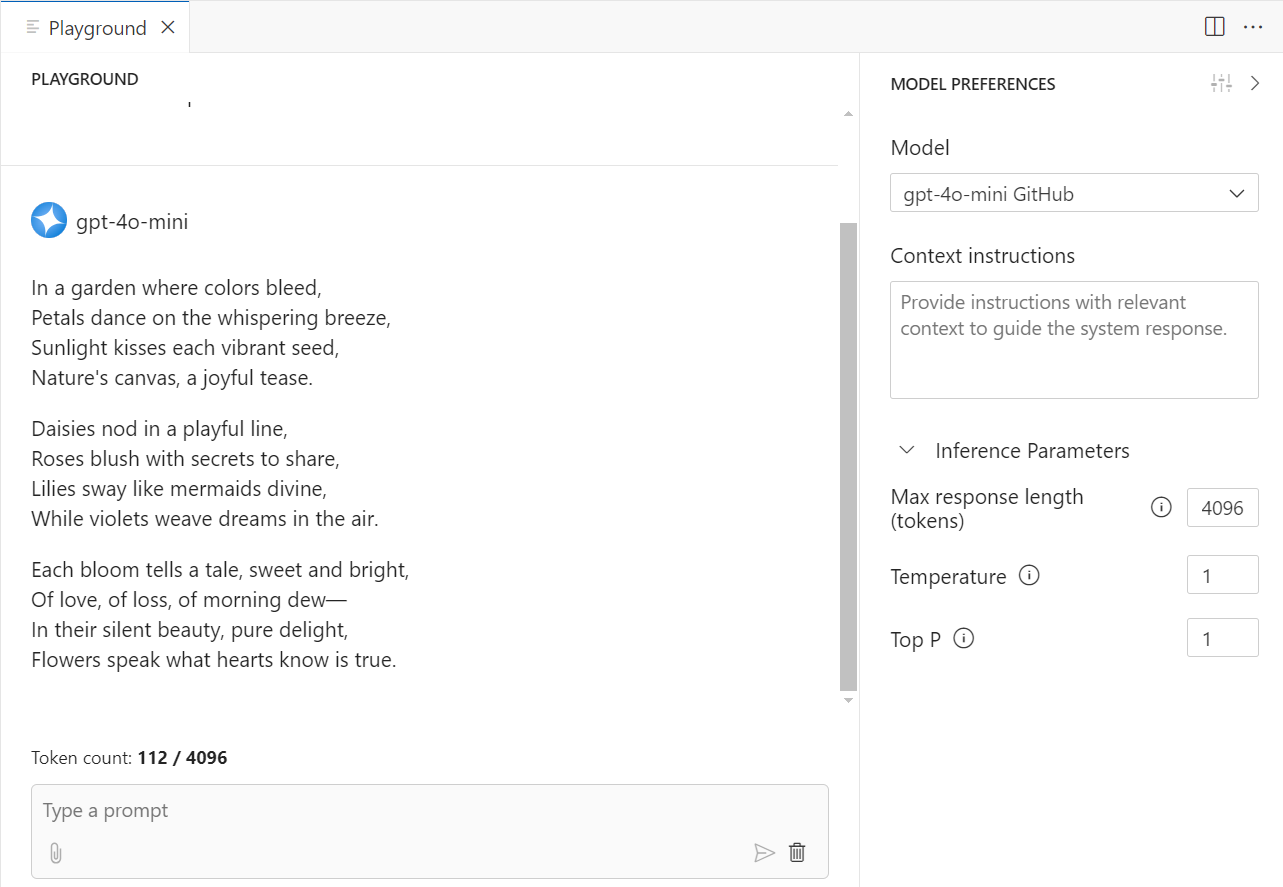It is sometimes hard to believe that something like artificial general intelligence (AGI), a concept no one, not even the top researchers in the field, agree on what it would look like in practice, has the potential to start a war, but apparently, it does. Early in the week, reports emerged that a US congressional commission proposed to make the development of AGI, understood as AI systems that turn out to be as smart or smarter than humans, a national priority.
The move is mostly motivated by China's alleged process in the development of AGI. Reports say Jacob Helberg, a member of the U.S.-China Economic and Security Review Commission, was quoted as saying that "We've seen throughout history that countries that are first to exploit periods of rapid technological change can often cause shifts in the global balance of power," and "China is racing towards AGI ... It's critical that we take them extremely seriously."
The US has several strategies in place designed to prevent China from developing competitive AI systems (even if not AGI). These include bans on exports of critical infrastructure and on AI-focused investments in the region. China has managed to circumvent some of these measures, but there is no evidence, at least according to a recent analysis, that models developed by Chinese companies have a significant advantage over its US counterparts. Quite the opposite, as the analysis states that the most advanced Chinese models may lag 6 to 9 months with respect to the latest LLMs in the US, and that the difference may be as steep as 15 months for less advanced models.
A (very) recent point in comparison is DeepSeek's R1-Lite-Preview, a model launched at around the same time as the reports of these proposed measures emerged. R1-Lite-Preview is DeepSeek's answer to OpenAI's o1, as the former is also a model that leverages the test-time compute technique to provide better outputs to user prompts. A notable difference is that R1-Lite-Preview's chains of reasoning are completely transparent, and users can see them being generated in real time (OpenAI summarizes o1's chains of thought to protect users and its competitive edge).
However, even if DeepSeek advertises its model as performing comparably to o1 in the AIME and MATH benchmarks (according to internal testing), there is no reason to think that its performance surpasses o1's, and evidence starting to show faces the same struggles as o1 is starting to spring up.
Also notable, but for altogether different reasons, is Amazon's new $4 billion investment in AI startup Anthropic, the developers of Claude. Amazon has now invested $8 billion total in Anthropic, and retains its position as a minority investor. As part of the negotiations, Anthropic has confirmed AWS will now become its main cloud and training partner, and made a commitment to strengthen AWS's Neuron software stack and to work closely with AWS's Annapurna chip design team on the next generations of AWS's in-house chips.
It should be noted that this investment was announced just days after the UK's Competition and Markets authority closed its Phase 1 investigation on the arrangements between Alphabet (Google's parent company) and Anthropic, after determining there was no opportunity for material influence and that Anthropic didn't pass the turnover test which requires the company's UK turnover to exceed £70 million to qualify for an investigation.
Remarkably, when the CMA closed a similar investigation into the Amazon and Anthropic partnership, it only did so because Anthropic failed the turnover test. The agency recorded in the summary of its findings that there were indicators that Amazon was in a position to exert material influence over Anthropic.
Other noteworthy headlines this week:
OpenAI launched Advanced Voice Mode on the web: OpenAI has expanded the availability of Advanced Voice Mode to the web experience for paid subscribers, who can talk to ChatGPT right from their browser. OpenAI CPO Kevin Weil confirmed the company is looking to enable free users to use AVM from their browser soon.
Rolling out to ChatGPT paid users this week: Advanced Voice Mode on web! 😍
— Kevin Weil 🇺🇸 (@kevinweil) November 19, 2024
We launched Advanced Voice Mode in our iOS and Android apps in September, and just recently brought them to our desktop apps (https://t.co/vVRYHXsbPD)—now we’re excited to add web to the mix. This means… pic.twitter.com/HtG5Km2OGh
Ignite 2024: Microsoft announced Copilot Actions and agents for Microsoft 365: Microsoft announced Copilot Actions and agents at Ignite 2024. The announced features build on the company's commitment to make Copilot a powerful AI-powered personal assistant, and to enhance productivity and transform business processes by applying the much-touted potential of AI agents.

Microsoft Launches Azure AI Foundry to streamline enterprise AI development: Microsoft introduced Azure AI Foundry at Ignite 2024, a comprehensive platform that unifies AI services, tools, and models to help enterprises streamline AI application development with enhanced scalability, privacy, and management capabilities.

Paris-based startup H launches proprietary agentic AI and automation platform: H launched its automation platform Studio and Runner H, an AI agent that automates web tasks through natural language commands. Notably, Runner H outperforms recent tools like Anthropic's computer use API, while being built on models a fraction of Sonnet 3.5's size.
Asian News International (ANI) has sued OpenAI for copyright infringement: Indian news agency Asian News International (ANI) recently filed a lawsuit against OpenAI, accusing the company of using ANI's content to train its models without permission, and of attributing fabricated news stories to the agency, to the detriment of its reputation.
Perplexity is going after the e-commerce market with a new AI-powered shopping assistant: Perplexity AI has launched an AI-powered shopping assistant featuring one-click checkout, visual search capabilities, and unbiased product recommendations, alongside a new merchant program to expand its retail partnerships.
Credit: Perplexity
OpenAI and Common Sense Media launched a ChatGPT guide for educators: OpenAI and Common Sense Media have launched a free online course for K-12 educators about AI and ChatGPT, though teachers remain skeptical about AI's benefits. According to a Pew Research Center study, only 6% of public school K-12 teachers believe generative AI is more beneficial than harmful.
Roboflow has secured $40M to make computer vision applications accessible to all: Roboflow, a computer vision development platform used by over 25,000 organizations, including several Fortune 100 companies, has secured $40 million in a Series B led by GV. Roboflow has also seen continued growth of its open source community, hitting 1M downloads of its tools in the last 30 days.
Credit: Roboflow







Comments